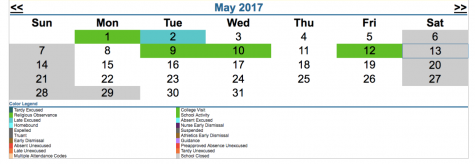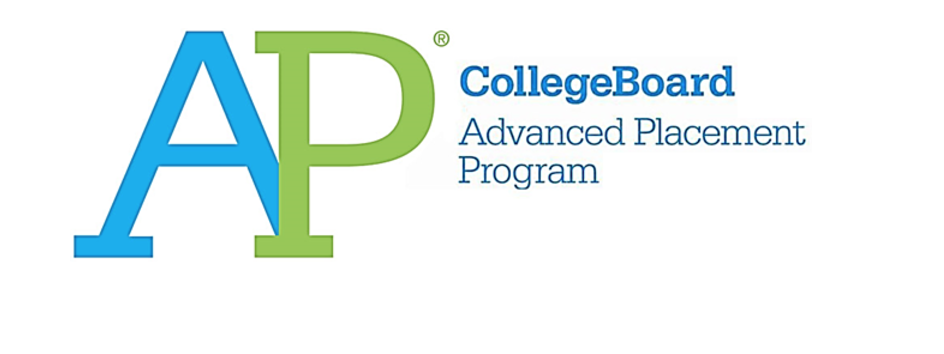Ben Pearl ’18
Advanced Placement exams officially ended on Friday, May 12. Accordingly, I thought it would be appropriate to offer a solution to the problem students and teachers face every spring: when to schedule an AP class final exam.
The Numbers:
According to the Staples High School profile, last year, 550 different students took almost 1200 exams in 25 different subject areas. In other words, in over a two week period, 550 students at Staples missed at least one day of school to take their AP test.
The Issue:
With only 550 out of the 1800 students at Staples taking AP tests, these students are a minority. As these students seek college credit, their school schedules have no consistency as a result of the “Excused Absence” on their test days. If a student is taking a morning AP exam which finished at 11:30 am, they do not need to be present in their afternoon classes. Likewise, if a student takes an afternoon AP exam beginning at 12:00 pm, they do not need to attend their morning classes. As a result, students oftentimes can be missing between three and four classes that they otherwise would be attending had it not been for the excused absence. Teachers normally have students fill out forms indicating which days they will not be in class so that teachers can tailor their lesson plans accordingly. Nevertheless, AP testing completely disrupts the classroom for everyone, regardless of whether or not you are taking a test. Teachers often will question a student for accepting the absence as opposed to going to class after a test.

In an attempt to solve this issue, this year the administration sent out an email asking non-AP teachers to give out less work during the testing week. “I was asked by some of [the faculty] to suggest that if at all possible, it would be helpful to avoid tests or extend due dates, if that is reasonable for your class,” D’amico said in his message. While this email was a well intentioned attempt to aid students and reduce the workload during one of the busiest times of the school year, the email did not do much good for students. First of all, the email did not account for the fact that many AP classes give their final exams before the two week testing period begins. These final exams can be seen as more important than the actual AP test as it is still worth 10 percent of a student’s final grade.
Additionally, it is important to note that the email was merely a suggestion. In other words, teachers did not have to follow what it said. I personally had a test and two quizzes during the week of AP testing, in addition to projects and other homework in non-AP courses. Students always ask their teachers why they have to have a final exam in addition to their AP course; A common answer is that if teacher’s could base their students final grades off of their AP scores they would, but the scores aren’t released until July.
The Solution:
It would be naive to say that there is a perfect solution that would make everyone happy; however, the best course of action in my mind would be to have all AP classes give their finals the week before AP testing begins. The schedule for these finals should resemble the midterm and final exams at the end of the school year: periods one and four on the first day, periods two and three on the second day, etc. Unlike finals and the AP testing week, students would not be excused from their other classes. However, after the implementation of this new schedule, the administration would have to be more assertive than just sending out a suggestive email.
For three straight weeks, from the week before AP testing begins until AP testing ends, non-AP courses must not be allowed to have tests or be allowed to give their students excessive amounts of work. While non-AP teachers may not want to give in to this policy, they must think of it as an investment. They are partially sacrificing three weeks in May, and in return are getting students who will be more focused in their class for the remaining two months of school once the AP exams and the finals for those classes are over. Of course, teachers would be allowed to teach during the three week period, but they would just have to turn down the workload.
Students taking AP tests are not entirely focused during the school day anyways, as their minds are often focused on getting a five on the AP test. This solution would bring consistency to the AP schedule, while minimizing the workload and stress of students taking AP tests.













































